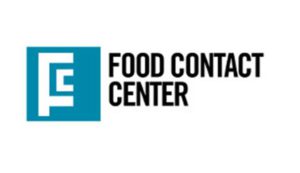NEWS

FOOD CONTACT NEWS
9TH AMENDMENT TO EU PLASTIC FCM REGULATION
On January 18, 2018, the European Commission (EC) published the 9th amendment to Regulation (EU) No 10/2011 on plastic materials and articles intended to come into contact with food. This amendment was originally proposed as the 8th, but the EC had to change the numbering due to administrative reasons.
The 9th amendment adopted four scientific opinions approving the use of new food contact substances (FPF reported). The approved substances are 2,4,4’-trifluorobenzophenone (CAS 80512-44-3), 2,3,3,4,4,5,5-heptafluoro-1-pentene (CAS 1547-26-8), tungsten oxide (CAS 39318-18-8), and mixture of methyl-branched and linear C14-C18 alkanamides, derived from fatty acids (CAS 85711-28-0). Further, the amendment extended the authorization of one polymer ((butadiene, styrene, methyl metacrylate, butyl acrylate) copolymer cross-linked with divinylbenzene or 1,3-butanediol dimethacrylate (CAS 25101-28-4) by specifying additional conditions for its safe use in food contact materials (FCMs).
FDA WILL NOT ENFORCE FSVP FOR FOOD-CONTACT SUBSTANCES?
The U.S. Food and Drug Administration (FDA) announced January 4, 2018, that it does not intent to require importers of food-contact substances to comply with all the requirements of the Foreign Supplier Verification Program (FSVP). The goal of the FSVP rule, which requires importers of “food” to conduct a hazard analysis, was to ensure consistency between controls for domestic suppliers and foreign suppliers of food additives and ingredients. Another rule implemented under FSMA, the Current Good Manufacturing Practice and Hazard Analysis and Risk-Based Preventive Controls for Human Food rule (HARPC), implements risk-based preventive control for U.S. food facilities. Significantly, food-contact substance manufacturers are not required to comply with FSMA’s HARPC regulation but are subject to the provisions of the FSVP.